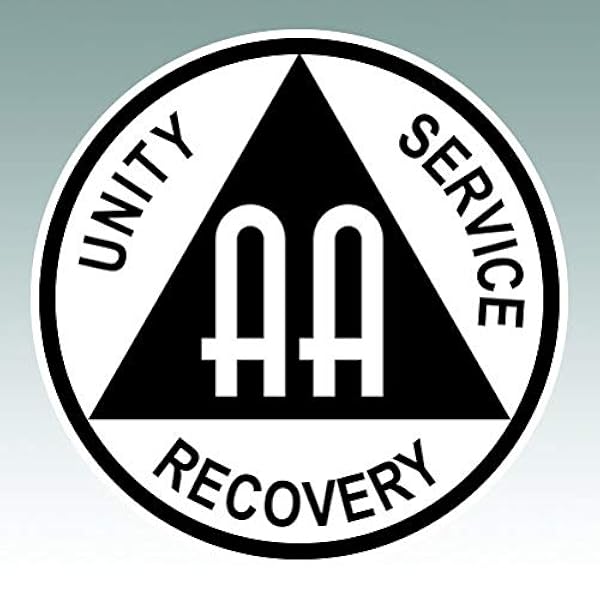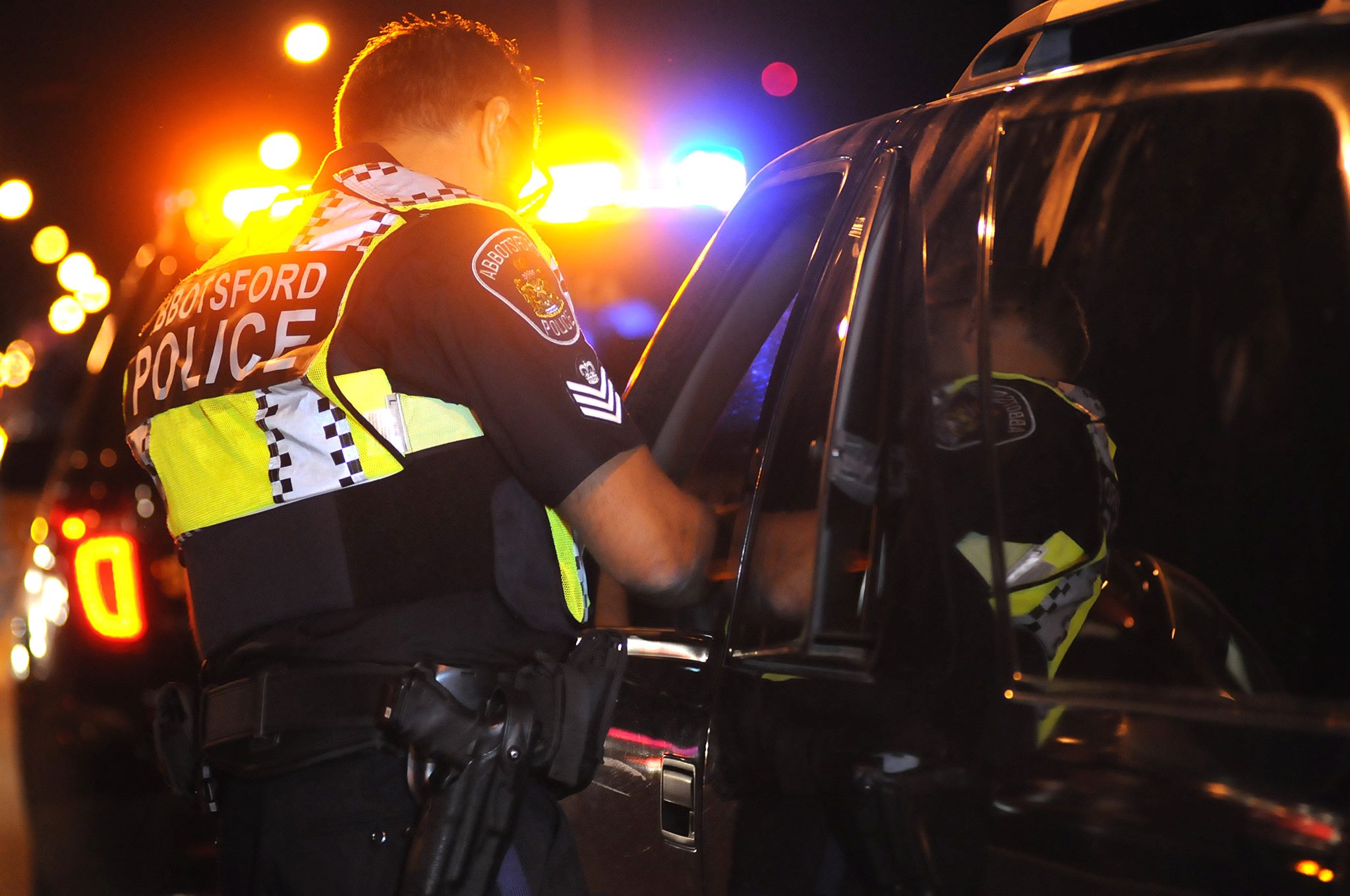Victoria/Merritt – UPDATE – Statement from BC Attorney General Suzanne Anton:
“Independent of government, B.C.’s Criminal Justice Branch has decided that it is appropriate to seek a high-risk designation in regard to Allan Schoenborn. Now that the application has been filed under the Criminal Code of Canada, the next step will be for the B.C. Supreme Court to determine whether a designation is appropriate.
“Ms. Clarke and her family have my sympathy and the sympathy of all British Columbians. I hope they’re able to find some comfort resulting from this decision by Crown Counsel. I can’t imagine what an ordeal this has been for them over the past number of years.
“I can assure British Columbians that our government is very concerned with protecting the safety of our communities. B.C. has been instrumental in calling for legislative changes which address the needs of victims and public safety.”
ORIGINAL STORY – The Criminal Justice Branch, Ministry of Justice (the “CJB”), announced Friday that it has filed an application under section 672.64(1) of the Criminal Code to have Allan Dwayne Schoenborn found a “high-risk accused”.
The application has been filed in British Columbia Supreme Court in New Westminster. A first appearance date has been scheduled for 2:00 p.m. on September 10, 2015.
The mother and family of the victims in this case have been informed of the Branch decision, and legal counsel for Allan Schoenborn has received notice of the application.
(NOTE – It will be up to a Supreme Court judge to decide whether Allan Schoenborn meets the legal test for a “high-risk accused”. The Branch will endeavour to have the application determined prior to Mr. Schoenborn’s next annual hearing before the Review Board, which is due in May 2016. This is subject to a number of factors, including the Court’s authority to determine the appropriate hearing date. If the application is not completed before May 2016, CJB will consider requesting an adjournment of the annual Review Board hearing pending determination of the “high-risk” application.
As the application for a “high-risk” finding on Allan Schoenborn is now before the Court, the CJB will make no further comment on the specifics of the case to protect the integrity of the process.)
Background
In February 2010, a B.C. Supreme Court judge found that Allan Schoenborn committed the first degree murders of his three children. However, he ruled that Mr. Schoenborn was Not Criminally Responsible on Account of a Mental Disorder (“NCR”). Since that time, Mr. Schoenborn has been ordered detained at the Forensic Psychiatric Hospital in Port Coquitlam
(the “Hospital”). In May 2015, the British Columbia Review Board (the “Review Board”) renewed Mr. Schoenborn’s detention for another 12 months, but authorized escorted access to the community at the discretion of the Director of the Hospital.
The CJB did not appeal the Review Board’s decision, having concluded after a thorough assessment that there was not a sufficient legal basis on which to file an appeal under the Criminal Code. A Media Statement explaining this decision was released by the Branch on June 12, 2015.
The Application for a “High-Risk” Finding
In July 2014, the Criminal Code was amended through Bill C-14 to enable a finding of “high-risk accused” for adult persons who have been found NCR for a prescribed serious personal injury offence.
The Crown bears the onus of proving that the test is met. To succeed on an application, the Crown must establish either:
that there is a substantial likelihood an accused will use violence that could endanger the life or safety of another person; or,
that the offences the accused committed were of such a brutal nature, they indicate a risk of grave physical or psychological harm to others (section 672.64(1) Criminal Code).
Factors that a court is obliged to consider in deciding whether someone meets the test for “high-risk” include, but are not limited to, the mental condition of the NCR accused at the time of the application, the past and expected course of his treatment, and the opinions of experts who have examined the accused (section 672.64(2)).
Where a court determines that a “high-risk” finding is warranted, it must order that the NCR accused be detained in custody in a hospital (section 672.64(3)). However, notwithstanding this provision, a “high-risk” finding does not mean that an NCR accused is never allowed to leave the hospital. The July 2014 amendments to the Criminal Code contemplate the possibility of escorted absences in the community, even with a “high-risk” finding. Such absences must be:
for medical reasons, or,
for any purpose that is necessary for treatment, if the accused is escorted by a person who is authorized by the person in charge of the hospital (section 672.64(3)(a)).
Also, a “structured plan” must be prepared to “address any risk related to the accused’s absence”, thereby ensuring that the “absence will not present an undue risk to the public” (section 672.64(3)(b)).
A “high-risk” finding can mean that the period of time between reviews of an accused’s detention status by the Review Board is extended for up to 36 months, rather than holding an annual hearing. However, a 36 month review period is not automatic upon a “high-risk” finding.
It is available only where either of the pre-conditions set out in the Criminal Code has been met:
the NCR accused consents; or,
the accused has committed a prescribed serious personal injury offence and the Review Board is satisfied that his condition is not likely to improve, and detention remains necessary for the period of the extension(section 672.81(1.31) and (1.32)).
Once in place, a “high-risk” finding can only be revoked by a court (section 672.84(3)).
It will be up to a Supreme Court judge to decide whether Allan Schoenborn meets the legal test for a “high-risk accused”. The Branch will endeavour to have the application determined prior to Mr. Schoenborn’s next annual hearing before the Review Board, which is due in May 2016. This is subject to a number of factors, including the Court’s authority to determine the appropriate hearing date. If the application is not completed before May 2016, CJB will consider requesting an adjournment of the annual Review Board hearing pending determination of the “high-risk” application.
As the application for a “high-risk” finding on Allan Schoenborn is now before the Court, the CJB will make no further comment on the specifics of the case to protect the integrity of the process.






